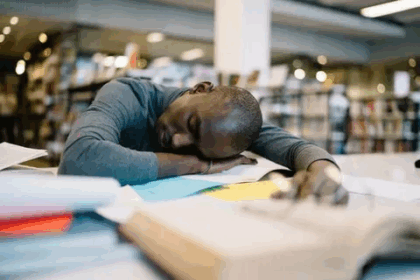Introduction
Depression is a common mental health disorder characterized by persistent sadness, loss of interest, and low energy. Awareness, early detection, and support are key to managing depression effectively.
Contents
Signs and Symptoms
- Persistent sadness or hopelessness
- Loss of interest in activities once enjoyed
- Changes in appetite or sleep patterns
- Difficulty concentrating or making decisions
- Physical symptoms like fatigue or headaches
Treatment Approaches
- Therapy: Cognitive-behavioral therapy (CBT) and other forms of counseling help address negative thought patterns.
- Medication: Antidepressants can help regulate brain chemistry and improve mood.
- Lifestyle Adjustments: Regular exercise, proper nutrition, and social support complement treatment.
Supporting Someone with Depression
Listening without judgment, encouraging professional help, and providing emotional support are crucial. Avoiding blame and fostering patience helps loved ones feel understood and supported.
Conclusion
Depression is manageable with awareness, professional treatment, and a supportive environment. Combining therapy, medication, and healthy lifestyle habits ensures improved mental health and overall well-being.







